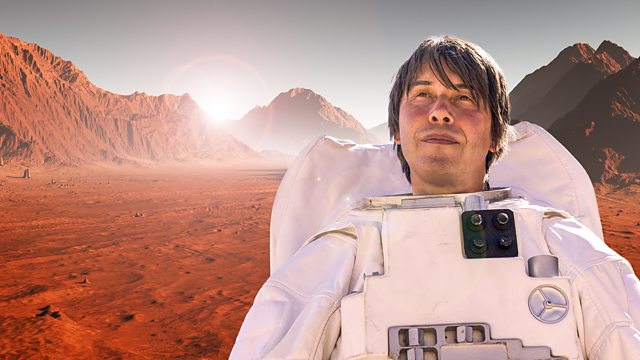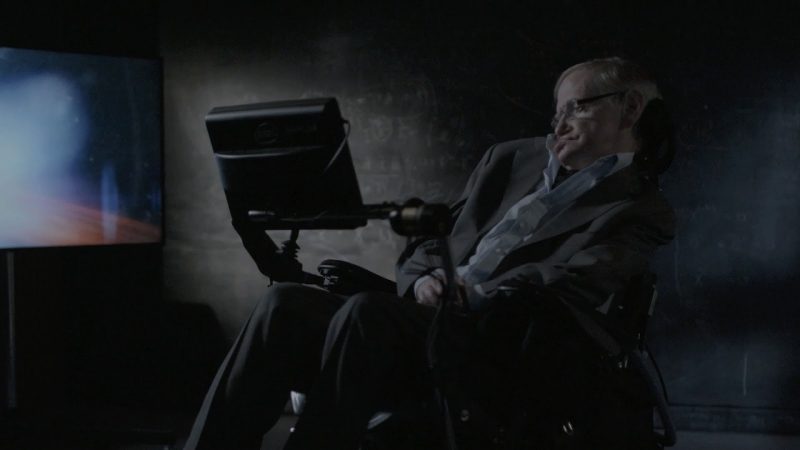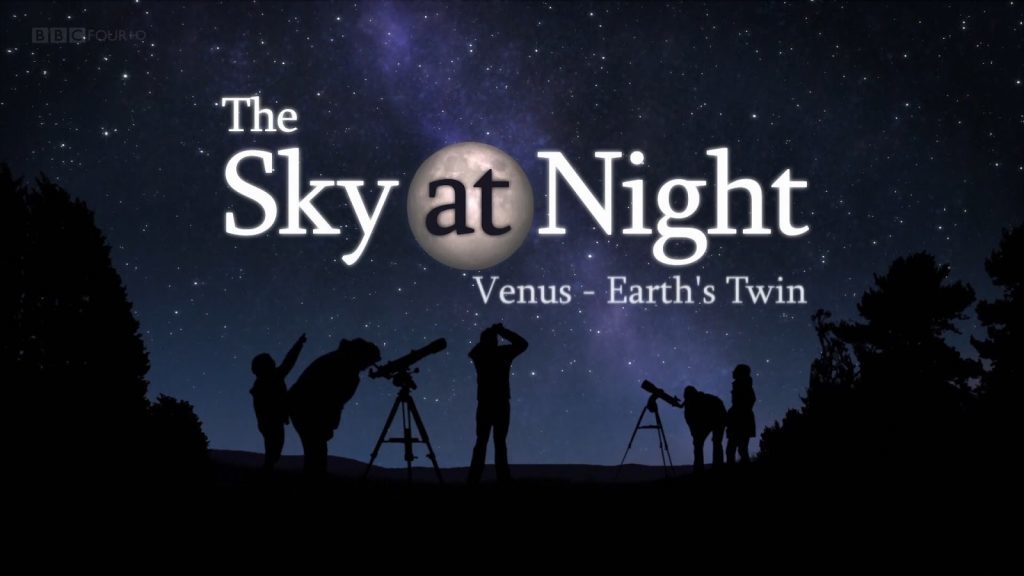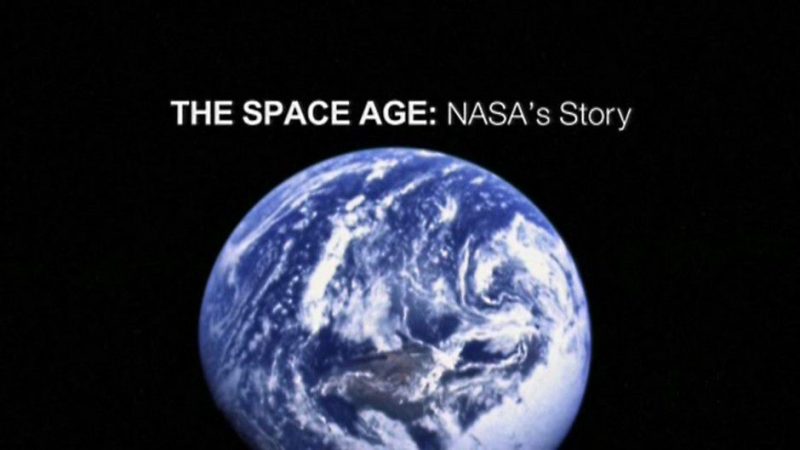Brian Cox: Seven Days on Mars: Professor Brian Cox fulfils a childhood dream by going behind the scenes at Nasa’s Jet Propulsion Laboratory (JPL), mission control for Mars 2020 – one of the most ambitious missions ever launched that may finally reveal if life ever existed on the red planet.
In 1980, a young Brian Cox wrote to JPL asking for photos from some of their missions to the planets. The pictures they sent him from Voyager and the Viking mission to Mars were a source of inspiration that set him on the path to becoming a physicist.
Now, over 40 years later, he has been granted privileged access to JPL, including key mission areas that are usually off-limits to film crews. Brian spends a week following the team who guide the Perseverance rover and the Ingenuity helicopter – the first powered aircraft ever sent to another planet – across the surface of Mars during a critical stage of the mission.
Perseverance’s goal is to search for signs of long extinct life on the surface of Mars in an area called Jezero Crater, which, 3.8 billion years ago, was filled by a vast lake. If it finds evidence of that life, it could change everything we know about life in the universe – and even transform our understanding of our own origins.
Brian Cox: Seven Days on Mars
The Jet Propulsion Laboratory (JPL) is a federally funded research and development center and NASA field center in the city of La Cañada Flintridge in California, United States. Founded in the 1930s, JPL is owned by NASA and managed by the nearby California Institute of Technology (Caltech). The laboratory’s primary function is the construction and operation of planetary robotic spacecraft, though it also conducts Earth-orbit and astronomy missions. It is also responsible for operating the NASA Deep Space Network.
Among the laboratory’s major active projects are the Mars 2020 mission, which includes the Perseverance rover and the Ingenuity Mars helicopter; the Mars Science Laboratory mission, including the Curiosity rover; the InSight lander (Interior Exploration using Seismic Investigations, Geodesy and Heat Transport); the Mars Reconnaissance Orbiter; the Juno spacecraft orbiting Jupiter; the SMAP satellite for earth surface soil moisture monitoring; the NuSTAR X-ray telescope; and the forthcoming Psyche asteroid orbiter. It is also responsible for managing the JPL Small-Body Database, and provides physical data and lists of publications for all known small Solar System bodies.
JPL’s Space Flight Operations Facility and Twenty-Five-Foot Space Simulator are designated National Historic Landmarks.
Brian Edward Cox CBE FRS (born 3 March 1968) is an English physicist and former musician who is a professor of particle physics in the School of Physics and Astronomy at the University of Manchester and The Royal Society Professor for Public Engagement in Science. He is best known to the public as the presenter of science programmes, especially the Wonders of… series and for popular science books, such as Why Does E=mc²? and The Quantum Universe.




